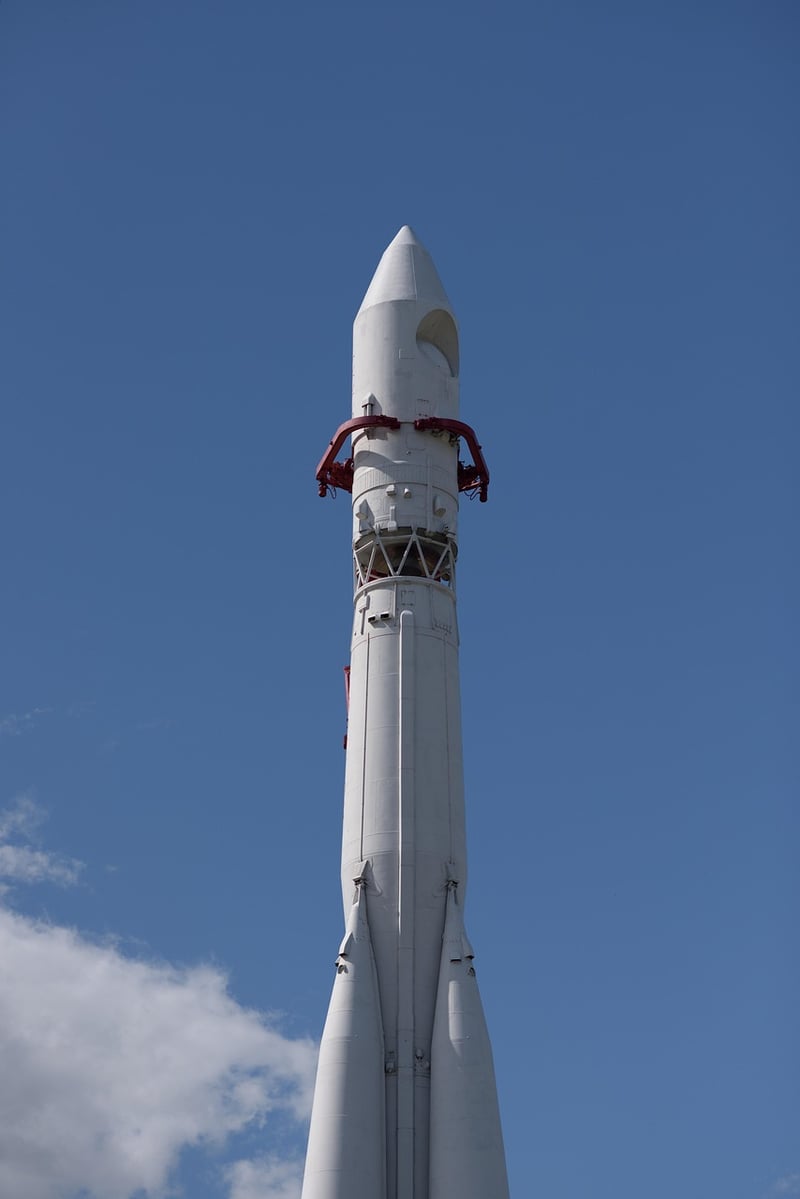Time Dilation
Understanding Time Travel and Time Dilation
Time travel has been a fascinating concept in science fiction for decades, but did you know that it also has a basis in real physics? One of the key principles that underpins the possibility of time travel is time dilation.
What is Time Dilation?
Time dilation is a concept from Einstein's theory of relativity which states that time can appear to move at different rates for different observers, depending on their relative velocity or gravitational field. This means that time can be stretched or compressed, leading to the famous "twin paradox" where one twin ages slower than the other due to traveling at near-light speeds.
Effects of Time Dilation
One of the most interesting consequences of time dilation is that it allows for the possibility of time travel to the future. By traveling at speeds close to the speed of light or near a massive gravitational field, time can be experienced differently, leading to travelers aging slower compared to those on Earth.
Time Travel Paradoxes
While time dilation opens up the possibility of time travel, it also introduces paradoxes such as the famous "grandfather paradox," where a time traveler could potentially go back in time and prevent their own existence.
Applications in Space Exploration
Understanding time dilation is crucial for space exploration, especially for missions that involve traveling close to the speed of light or near massive celestial bodies. Scientists and engineers take into account time dilation effects when planning missions to ensure accurate navigation and communication.
Conclusion
Time dilation is a fascinating concept that not only sheds light on the nature of time but also opens up intriguing possibilities for time travel. While we may not have fully mastered time travel yet, our understanding of time dilation continues to deepen, pushing the boundaries of what we know about the universe.


